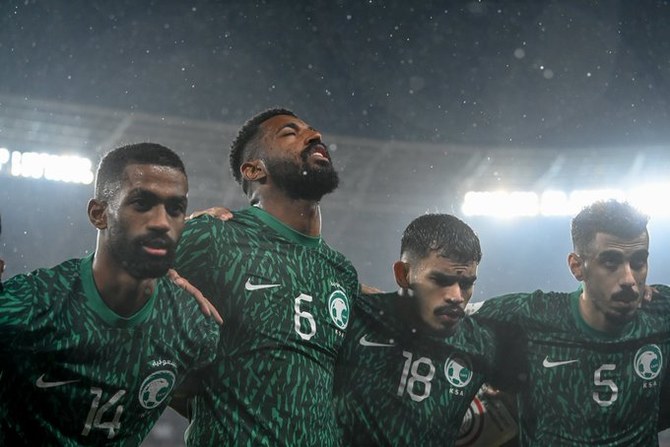MAYS AL-JABAL, Lebanon: At least three people were killed and more than 40 others injured in southern Lebanon Sunday when Israeli forces opened fire on protesters who had breached roadblocks the Israeli army set up a day before, Lebanon’s health ministry reported.
Demonstrators, some of them carrying Hezbollah flags, attempted to enter several villages in the border area to protest Israel’s failure to withdraw its troops from southern Lebanon by the 60-day deadline stipulated in a ceasefire agreement that halted the Israel-Hezbollah war in late November.
Israel has said that it needs to stay longer because the Lebanese army has not deployed to all areas of southern Lebanon to ensure that Hezbollah does not reestablish a military presence in the area. The Lebanese army has said it cannot deploy until Israeli forces withdraw.
Lebanese President Joseph Aoun, said in a statement addressing the people of southern Lebanon on Sunday that “Lebanon’s sovereignty and territorial integrity are non-negotiable, and I am following up on this issue at the highest levels to ensure your rights and dignity.”
He urged them to “exercise self-restraint and trust in the Lebanese Armed Forces.” The Lebanese army, in a separate statement, said it was escorting civilians into some towns in the border area and called on residents to follow military instructions to ensure their safety.
Parliament Speaker Nabih Berri, whose Amal Movement party is allied with Hezbollah and who served as an interlocutor between the militant group and the US during ceasefire negotiations, said in a statement that Sunday’s bloodshed “is a clear and urgent call for the international community to act immediately and compel Israel to withdraw from occupied Lebanese territories.”
Lebanon’s Health Ministry said in a statement that one protester was killed and 10 others injured in the border village of Houla. Another protester was killed in the village of Aitaroun and 11 injured. A third protester was killed in the village of Blida and one person injured. The health ministry also reported injuries in the areas of Mays Al-Jabal, Markaba, Bani Hayyan, Odaisseh, Rab Thalatin and Kfar Kila.
There was no immediate comment from the Israeli military on the protests.
The Israeli army’s Arabic language spokesman called Sunday morning in a post on X for residents of the border area not to attempt to return to their villages.
An AP team was stranded overnight at a base of the UN peacekeeping force known as UNIFIL near Mays Al-Jabal after the Israeli army erected roadblocks Saturday while they were joining a patrol by peacekeepers. The journalists reported hearing gunshots and booming sounds Sunday morning from the base, and peacekeepers said that dozens of protesters had gathered nearby.
In the village of Aita al Shaab, families wandered over flattened concrete structures looking for remnants of the homes they left behind. No Israeli forces were present.
“These are our houses,” said Hussein Bajouk, one of the returning residents. “However much they destroy, we will rebuild.”
Bajouk added that he is convinced that former Hezbollah leader Hassan Nasrallah, who was killed in an Israeli strike in Beirut’s southern suburbs in September, is really still alive.
“I don’t know how much we’re going to wait, another month or two months... but the Sayyed will come out and speak,” he said using an honorific for Nasrallah.
Some 112,000 Lebanese remain displaced, out of over 1 million displaced during the war.
























